In its 10th year, Curriculum 2.0 continues to innovate, this time through the creation of FCC Launch Week.
By: Kyra Letsinger
The vision of Vanderbilt University’s School of Medicine is simple: to shape a future in which all persons reach their full health potential. Despite its simplicity, this vision has acted as a catalyst for immense change in the way VUSM functions. Innovation is necessary to ensure students reach their full potential, and nowhere is this more evident than in the creation of Curriculum 2.0.
Launched in 2013, Curriculum 2.0 is a first-of-its-kind academic model that turns the traditional two-year preclinical program structure on its head. Composed of a 13-month preclinical curriculum, clerkship rotations in the second year, and clinical experiences and electives based on career interests in the third and fourth years, the model allows students the time and space to fully explore their field interests and gain more pivotal hands-on experience. This innovative training pathway has not only benefited VUSM students, though; over the past decade, schools around the country have adopted Curriculum 2.0’s structure, following Vanderbilt’s lead in creating physicians who are prepared to thrive as leaders and lifelong learners.
Now in its tenth year, Curriculum 2.0 continues evolving in order to best prepare students for the demands of an ever-changing healthcare industry. Leading these changes are students themselves, providing both written feedback at the end of their courses and phases and verbal feedback through the student representation of the Curriculum Committee. This feedback process sparked the curriculum’s most significant and most impactful innovation in recent years: the creation of Foundations of Clinical Care (FCC) Launch Week.
Revolutionizing the Curriculum through Radical Collaboration
In their second year, MD students enter the FCC Phase of their curriculum, consisting mainly of full-time, in-person clerkships. While students are heavily expected to put to work the lessons learned in their first year, some clinical and patient care skills require an additional, more hands-on teaching approach to ease what can be a “jarring transition” as described by Associate Professor of Pediatrics and Director of both the FCC Phase and Pediatrics Clerkship, Dr. Travis Crook.
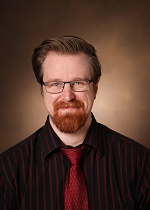
“One of the biggest jumps we ask our students to make is going from a pre-clerkship to clerkship year,” said Crook. “[In students’ first year], they’re dabbling in the clinical environment, they have a lot of oversight, and they go from this very limited contact to all of a sudden being asked to be a point person for these patients. That is a huge shift in both responsibility and autonomy.”
While Curriculum 2.0’s original year-long Diagnostics and Therapeutics (D&T) course worked to ease this transition, students continued to voice concerns about preparedness and added stressors caused by course assessments, issues Dr. Crook says were caused by the course staying stagnant as the curriculum around it evolved.
“There were huge changes to the pre-clerkship phase, huge changes to the post-clerkship phases (immersion phase), and the clerkship year was… fine. So it was left alone,” Dr. Crook said. “But things changing on the front and back end of the curriculum meant what we needed to provide [during the clerkship year] was different than it used to be. Stability is good, but stability can also be a negative if it means there’s no evolution.”
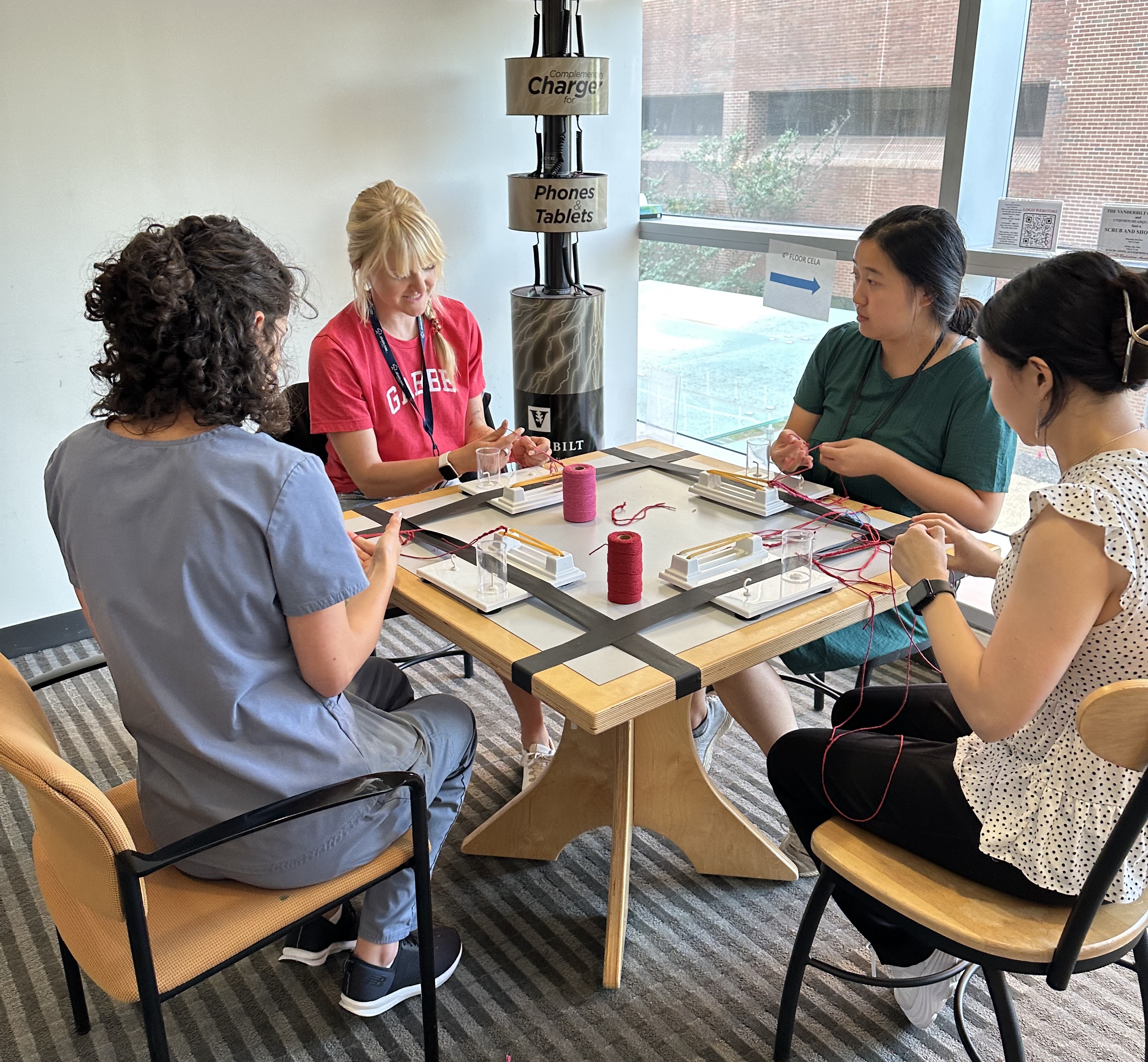
By 2021, D&T no longer provided the necessary content/context alignment, and Crook knew a change was necessary. As fate would have it, around the same time, Crook was approached by students from VUSM’s Curriculum Committee, eager to address the same issues as him. These seven second-year members would play a vital role in creating a course to address pivotal missing elements in the current coursework. One of these students was current Vanderbilt M4 student Georgina Sellyn, who says Dr. Crook ensured the committee’s thoughts were at the forefront from day one.
“We met with Dr. Crook, and we talked to him about the opportunity to create a launch course that would help prepare students based on all the feedback they provided,” Sellyn said. “He was amazing, just so open and receptive to everything we had to recommend. We started from scratch, and he asked us what kind of lectures we’d want, what skills workshops we’d like to have, which faculty we’d like to lead certain sessions. It was a very enjoyable experience.”
Once their plans for the course started coming together, they were tasked with the next potentially intimidating step: Getting the backing of the VUSM deans. But despite asking to completely change a course that had been in place for nearly a decade, Dr. Crook and the Curriculum Committee received ample administrative support for the new course vision. This positive reaction did not come as a shock to Dr. Crook; rather, he says administration encouraging bold ideas is part of what makes the university what it is.
“That’s Vanderbilt’s culture. It’s not just about if something is good. It’s about making sure it’s right.”
Bringing Life to Launch Week
Extensive collaboration between students, faculty, and administrators culminated in the creation of a novel solution: a week-long boot camp of sorts, providing students information on all the necessary skills and knowledge needed for first-hand clinical work, an opportunity to get to know the physicians they would be working alongside, and a way to help students find their bearings before even beginning their clerkship rotations. This clerkship crash course is now known as FCC Launch Week.
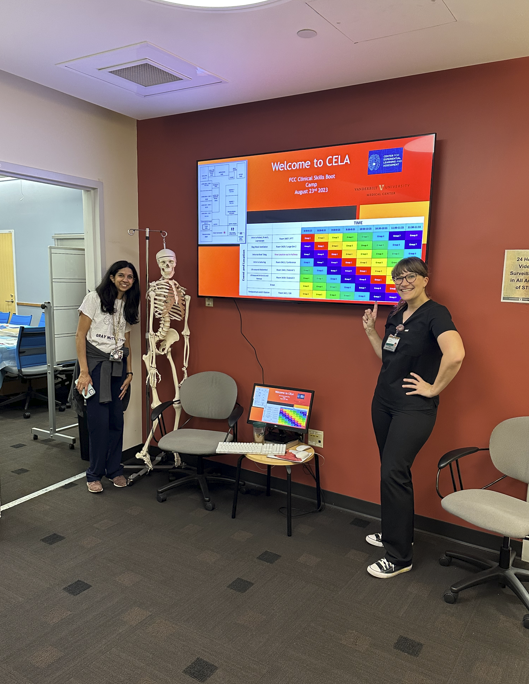
To ensure the inaugural Launch Week went smoothly, Dr. Crook knew he would need to enlist the help of faculty who were willing to take the change in stride. Almost immediately, he had two names in mind: Assistant Professor of Radiology and Monroe Carrell Jr. Children’s Hospital Chief of Pediatric Neuroradiology Asha Sarma, MD, and newly-named Chief of Thoracic Surgery at Creighton University School of Medicine, Erin Gillaspie, MD, MPH. Not only were the two beyond eager to take on the roles of co-course directors, they were prepared to go above and beyond.
“[Dr. Crook] really told us to run with these ideas, to develop them into something great, and we immediately said ‘absolutely yes,” Dr. Gillaspie said. “So we continued working with him and the curriculum committee, vetting all our thoughts through them, creating new concepts like the case competitions, and developing all of these ideas to try to make the day as dynamic as possible.”
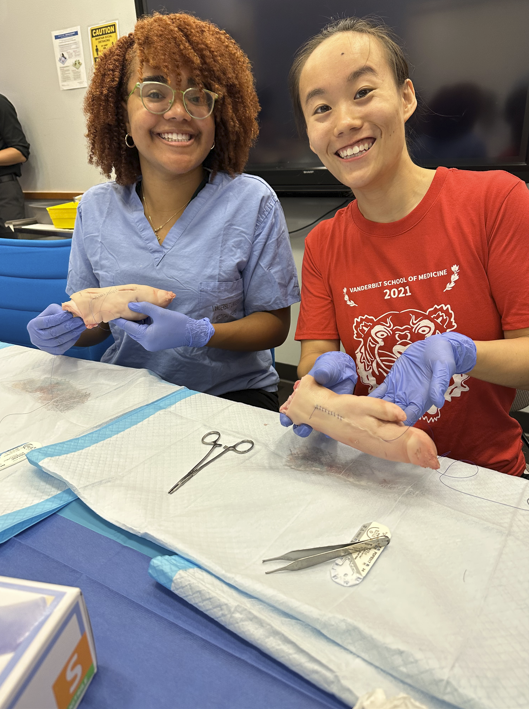
After months of handpicking lecturers, planning unique case study competitions, and even buying dozens of pigs’ feet, the result was a dynamic schedule of workshops, lectures, case studies, panels, and more covering high-yield topics students would need for their different rotation areas. From scavenger hunts around the medical center campus to lessons on reading EKGs, from primers on X-rays and CT scans to practicing ultrasounds on standardized patients to applying knowledge to comprehensive case competitions, students were eager to participate in the experiential learning process.
While students loved the opportunities to practice their skills, perhaps the most impactful session was one added in the course’s second year to better prepare students for the emotional and mental impact of working in the clinical setting. “Best Day, Worst Day” brought together a panel of highly-regarded VUSM faculty members who shared both their personal greatest and most difficult experiences as physicians.
“We have a great deal of respect and admiration for the panelists, so hearing them talk about some of their greatest clinical challenges was incredibly impactful,” current M2 student Nanda Nayak said. “It gave us this understanding that everyone is human, everyone is going to have tough days, and that might happen to us. In a week jam-packed with knowledge, it was a wonderful addition that also helped prepare us for our second year.”
Before filing out the door on the final nine-hour day of Launch Week, students swarmed the course directors for a celebratory photo, dozens staying afterward to voice their love for the coursework and gratitude for the facilitators (including Senior Program Manager Nayyer Ghadirian, who Dr. Crook says was the administrative glue that held Launch Week together). Dr. Gillaspie, Dr. Sarma, and Dr. Crook couldn’t help but cry tears of pride and joy.
“If we’re not tweaking or evolving, we’re missing an opportunity to be better.”
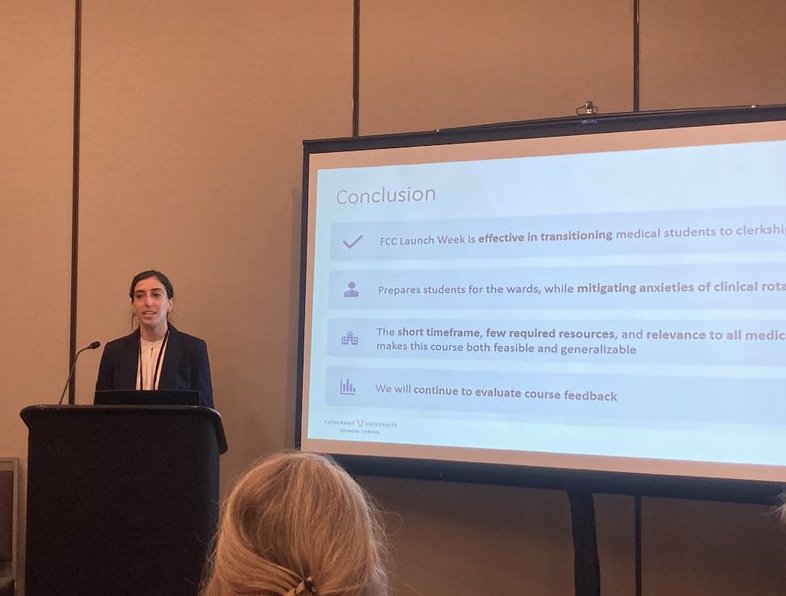
The response to FCC Launch Week amongst students has been exceptional in both its first and second years. Research completed by Sellyn, Dr. Sarma, Dr. Gillaspie, and Dr. Crook showed that 92% of students felt more prepared for clerkships after FCC launch week. Course evaluations also revealed that over 81% of students rated the course as above average or excellent, compared to only 23% of students who participated in the prior course, proving the change in course to be a massive success.
The impact is not only evident in the data, though. According to Dr. Gillaspie, clerkship rotation directors have noticed increased confidence amongst second-year students since the implementation of FCC Launch Week.
“One of those powerful things for me personally is we’ve been able to introduce the students to a huge array of really dynamic people who are passionate about medical school education,” Dr. Gillaspie said. “So, they also feel comfortable approaching us in the ward setting because they know they have a huge cadre of people cheering them on. All the time, they stop me in the hallway saying, “Guess what rotation I just had! It was super amazing!'”
As for the future of Launch Week, in true Vanderbilt ‘leader of the pack’ fashion, and in line with the entirety of Curriculum 2.0, medical education institutions nationwide are already showing interest in FCC Launch Week thanks to research from students like Sellyn, who presented her findings earlier this year at the 2023 Southern Group of Medical Education Conference.
Back at VUSM, the Vanderbilt “dare to grow” mentality remains at the forefront of what’s next. Dr. Crook is already hard at work with the current second-year Curriculum Committee members, combing through course feedback and planning for next year, but not without stopping to reflect on the unique culture that has provided this opportunity.
“There’s an educational philosophy that filters all the way through [VUSM]: We’re not in the business of judging students or whether they’re just making the grade. We’re here to help you be successful in what you want to do,” Dr. Crook said. “There are a lot of places that talk about culture. There are few places that are about that culture. This is one of those places, and it’s just another example of what a special place Vanderbilt is.”